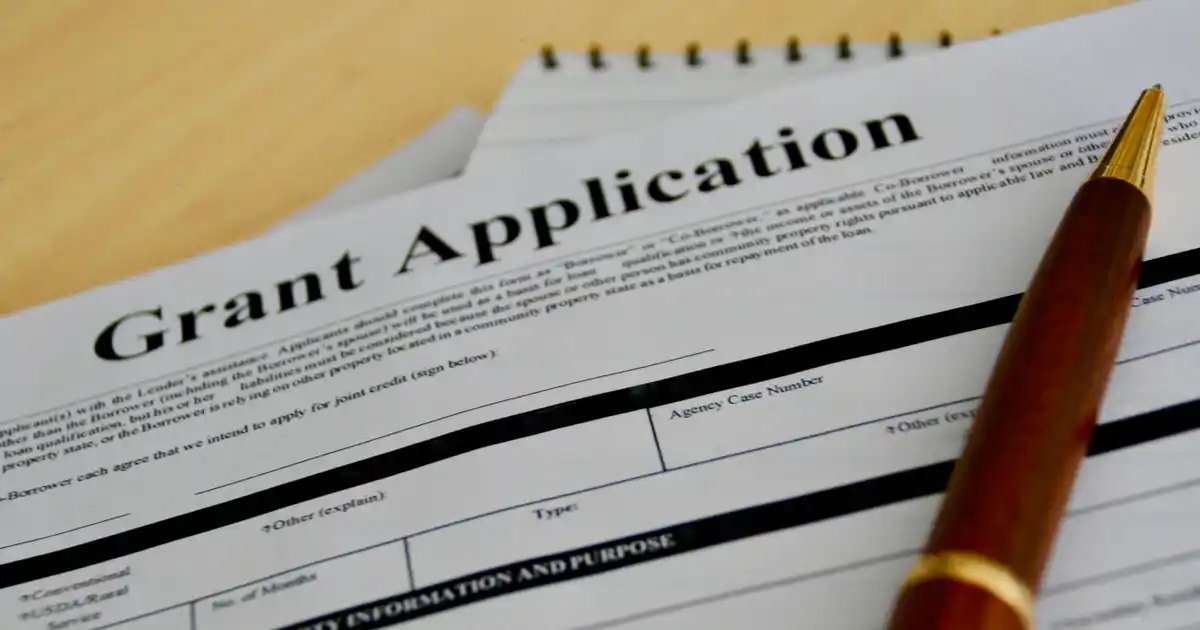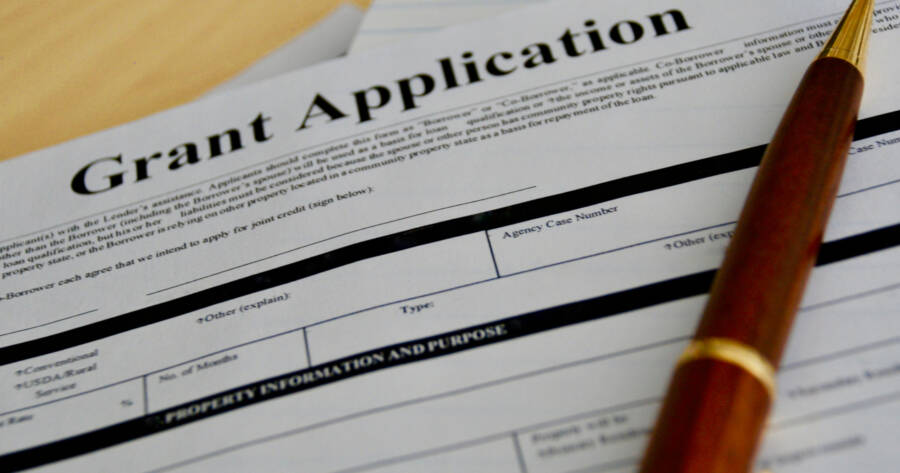Dealing with debt can often feel like navigating an insurmountable mountain, but assistance is available in the form of government grants. These resources, although frequently underutilized, can provide significant relief for those grappling with financial burdens. However, in order to reveal the steps you can take towards financial stability, it’s important to research how to utilize these grants effectively. Start a search today to find out how you can transform the burden of debt into a pathway towards fiscal freedom.
Understanding Government Grants
Government grants come in different forms. Each is designed to meet specific needs. These range from housing to education and even personal debt relief. Unlike loans, grants don’t require repayment, making them ideal for debt reduction.
Grants usually come with eligibility criteria. These are set by the grant-giving entity, often a government department. Some grants are intended for individuals, while others cater to businesses. Each grant typically comes with an application process, which can range from simple to complex.
Identifying Relevant Grants
To harness government grants, you must first identify those relevant to your situation. This requires research and due diligence. There are countless grants, each tailored for specific circumstances, but here are some noteworthy examples:
Federal Supplemental Educational Opportunity Grants (FSEOG): This program is for undergraduate students with exceptional financial need. The FSEOG program is administered directly by the financial aid office at participating schools.
Grants for Veterans: There are a variety of grants available to veterans for education, housing, and medical needs.
Housing Choice Voucher Program (Section 8): This program provides assistance to low-income families to afford decent and safe housing.
Low Income Home Energy Assistance Program (LIHEAP): This program helps keep families safe and healthy through initiatives that assist families with energy costs.
Temporary Assistance for Needy Families (TANF): This federal grant program helps families with children achieve self-sufficiency.
Start by visiting government websites. Look for sections on grants and assistance. Some websites even have dedicated search tools. These tools can help you filter grants based on your circumstances and needs.
Applying for Government Grants
Once you’ve identified relevant grants, it’s time to apply. Prepare to invest time and effort into this process. A well-prepared application can significantly increase your chances of approval.
First, ensure you meet all eligibility requirements. Most grants have stringent criteria. This may include income level, location, or personal circumstances. Misunderstanding or misrepresenting these requirements could lead to rejection.
Next, gather the necessary documents. These may include tax returns, financial statements, and personal identification. Always provide accurate and up-to-date information.
Last, draft your application. Most grants require some form of written request. This is your chance to make a strong case for your needs. Be concise, truthful, and persuasive in your writing.
Tips for Maximizing Your Application
Don’t wait until the last minute to submit your application. Grants often have limited funds and can be awarded on a first-come, first-served basis. Additionally, applying early shows that you are serious and organized.
After submitting your application, follow up with the grantor. Once again, this can demonstrate your commitment and enthusiasm. It also gives you a chance to address any potential issues with your application.
If you find the grant application process overwhelming, consider seeking help from a professional grant writer. These individuals have expertise in crafting successful grant applications.
Post-Approval Management
Being awarded a grant is a significant step toward debt relief. However, the journey doesn’t end there. Successful grant management post-approval is crucial.
Upon receiving a grant, there may be conditions to fulfill. This could include progress reporting or maintaining certain standards. Familiarize yourself with these conditions and adhere to them. Failure to comply could result in penalties.
Spend the grant money wisely. Remember, it’s meant to help you reduce your debt. Avoid diverting these funds towards unnecessary expenditures. Financial discipline is key to successful debt relief.
Exploring Other Debt Relief Options
While government grants can help, they’re not the only solution. It’s wise to explore other debt relief options, including:
Budgeting: By analyzing income and expenses, you can identify unnecessary spending. This helps free up more money to pay off debts.
Debt consolidation: Combining all debts into a single loan can simplify repayments and potentially lower interest rates. However, it requires careful consideration as it may lead to more debt in the long run if not properly managed.
Credit counseling: Consulting with a financial expert can provide valuable advice on managing your debt. They can also negotiate with creditors on your behalf, potentially lowering your overall debt.
Unburden Your Future
Debt relief is a process. It requires time, effort, and a well-thought-out plan. Government grants can be an effective tool on this journey. But remember, they’re only one of many potential solutions.
By combining grants with other debt relief strategies, you’re more likely to achieve financial freedom. Keep exploring, keep learning, and stay committed. Financial freedom is attainable. You’ve got the tools and now, the knowledge. Harness it effectively to free yourself from debt.
 Shutterstock: Stephen_Payne
Shutterstock: Stephen_Payne
